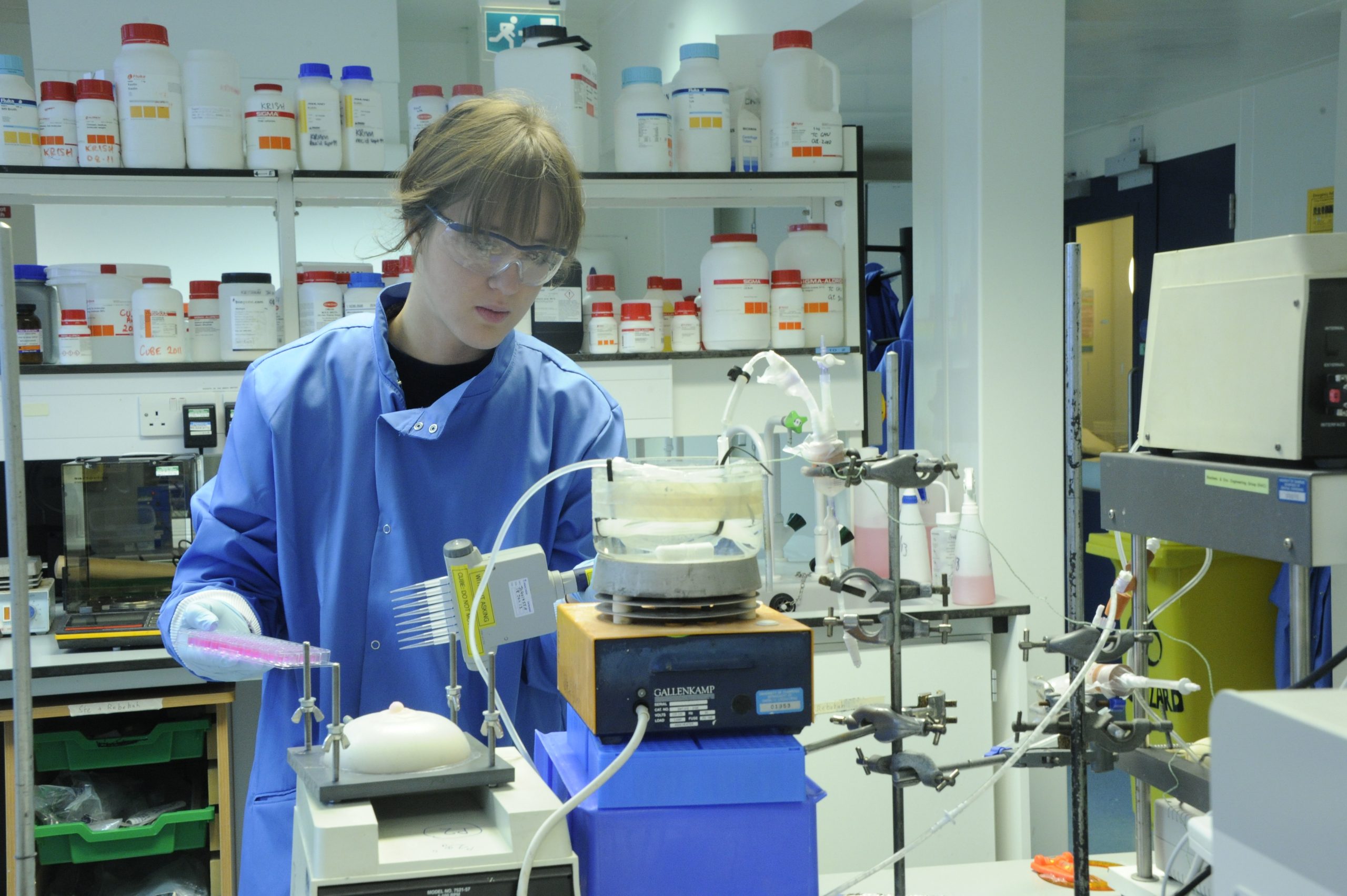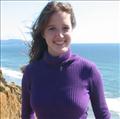
Rebekah Scheuerle chosen for unique programme for future leaders in arts and science
I feel that this unique opportunity to focus on these important thought processes as an engineer in collaboration with arts students will help me compare and contrast our approaches to innovation.
Rebekah Scheuerle
A Gates Cambridge Scholar has been selected to take part in a programme for Europe's most talented students which explores innovation, creativity and the intersection between music, arts and science.
Rebekah Scheuerle will take part in the Roche Continents summer programme which takes place in Austria from August 11-17. The programme includes interdisciplinary workshops and lectures which will enable 100 of Europe's most talented students to investigate the creativity process. Participants will also attend the contemporary music series, supported by Roche, at the world famous Salzburg Festival.
The aims is for the Festival events, including opera, drama and classical music to inspire the students' discussions about creativity.
Participants are carefully selected from an applicant pool composed of students aged 20-29 nominated as the most talented students from professors in universities across Europe.
Rebekah [2013], who is doing a PhD in Chemical Engineering and is President of the Gates Cambridge Scholars Council, said: "I am very grateful to have been selected for this unique event. I am especially keen to have an opportunity to explore creativity and the innovation process in an interdisciplinary setting. I feel that this unique opportunity to focus on these important thought processes as an engineer in collaboration with arts students will help me compare and contrast our approaches to innovation. This broadening of perspective I hope to apply to support my use of human-centred design in my research, and in a future career increasing access to medical technology and therapeutics globally. Furthermore, as a piccolo player, I am ecstatic to have an opportunity to attend concerts at this festival."

Rebekah Scheuerle
- Alumni
- United States
- 2013 PhD Chemical Engineering
- St John's College
I am so honored to be pursuing my PhD in chemical engineering at Cambridge! I will be studying biopharmaceutical development and drug delivery in the lab of Dr. Nigel Slater. Although therapeutic development is necessary globally, the world is in desperate need of affordable, optimized therapies and diagnostics for resource-limited environments. Millions of people do not have access to the electricity and refrigeration required for many current medical treatments. I hope to use my experience in polymeric drug delivery from The University of Texas, microfluidic diagnostics from U.C. Berkeley, vaccine commercialization from Merck Sharp and Dohme, and antibody purification development from Genentech to support me in my graduate studies. I plan on using the skills I acquire at Cambridge in a future career developing biotechnology-based solutions to world health problems.
Previous Education
University of Texas Austin BSc Chemical Engineering 2013












